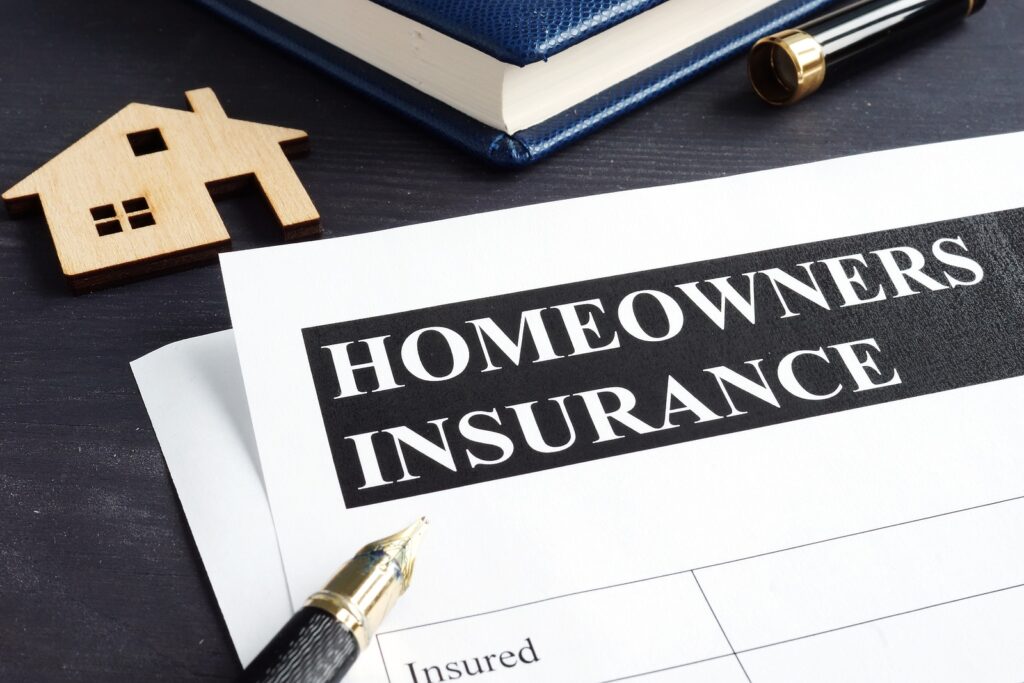Save on Homeowners Insurance
It Feels Like Home!

Smart Strategies to Save on Homeowners Insurance in Florida.
Save on homeowners insurance, is essential for protecting your investment and providing financial security in the event of unforeseen disasters or accidents. However, living in Florida, where factors like hurricanes and high property values can drive up insurance costs, it’s crucial to explore ways to save on premiums without sacrificing coverage. In this article, we’ll discuss some smart strategies to help Florida homeowners lower their insurance costs while ensuring adequate protection for their homes.
1. Shop Around and Compare Quotes
Don’t settle for the first homeowners insurance policy you come across. Take the time to shop around and compare quotes from multiple insurance companies. Look for reputable insurers with competitive rates and consider factors such as coverage options, deductibles, and customer service ratings before making a decision.
2. Bundle Your Policies
Many insurance companies offer discounts to customers who bundle multiple policies, such as homeowners insurance, auto insurance, and umbrella liability coverage. By consolidating your insurance policies with the same provider, you can often qualify for significant savings on premiums.
3. Increase Your Deductible
Opting for a higher deductible can lower your homeowners insurance premiums. However, be sure to choose a deductible amount that you can afford to pay out of pocket in the event of a claim. Consider setting aside emergency funds to cover your deductible to avoid financial strain during a crisis.
4. Fortify Your Home Against Risks
Taking steps to fortify your home against common risks can not only enhance your safety but also reduce your insurance premiums. Consider investing in measures such as:
- Installing hurricane shutters or impact-resistant windows
- Strengthening your roof with hurricane straps or clips
- Upgrading to a security system or burglar alarms
- Improving your home’s fire resistance with smoke detectors, fire extinguishers, and fire-resistant materials
5. Mitigate Risks with Home Improvements
Certain home improvements can make your property less susceptible to damage and lower your insurance premiums. Examples include:
- Updating outdated electrical, plumbing, and heating systems to reduce the risk of fire or water damage
- Reinforcing your home’s foundation and structure to withstand high winds and storm surges
- Removing hazardous trees or limbs that pose a threat to your home during severe weather events
6. Maintain a Good Credit Score
Insurance companies often use credit scores as a factor when determining premiums. Maintaining a good credit score can help you qualify for lower insurance rates. Pay your bills on time, keep credit card balances low, and avoid opening unnecessary lines of credit to improve your creditworthiness.
7. Take Advantage of Discounts and Credits
Inquire with your insurance provider about available discounts and credits that you may qualify for. Common discounts include:
- Home security discounts for installing alarms, deadbolts, or surveillance cameras
- Age-related discounts for older citizens
- Claims-free discounts for homeowners with a history of no insurance claims
8. Review and Update Your Coverage Regularly
As your circumstances change, such as home renovations, additions, or changes in property values, it’s essential to review and update your homeowners insurance coverage accordingly. By ensuring that your coverage aligns with your current needs and risks, you can avoid overpaying for unnecessary coverage while maintaining adequate protection for your home and belongings.
Save on homeowners insurance, while homeowners insurance in Florida can be costly, there are several strategies that homeowners can implement to save on premiums without compromising coverage. By shopping around, bundling policies, increasing deductibles, fortifying your home, and taking advantage of discounts, Florida homeowners can secure affordable insurance coverage and enjoy peace of mind knowing that their homes are protected against potential risks and hazards. Remember to regularly review and update your coverage to adapt to changing circumstances and ensure continued financial security for your home
